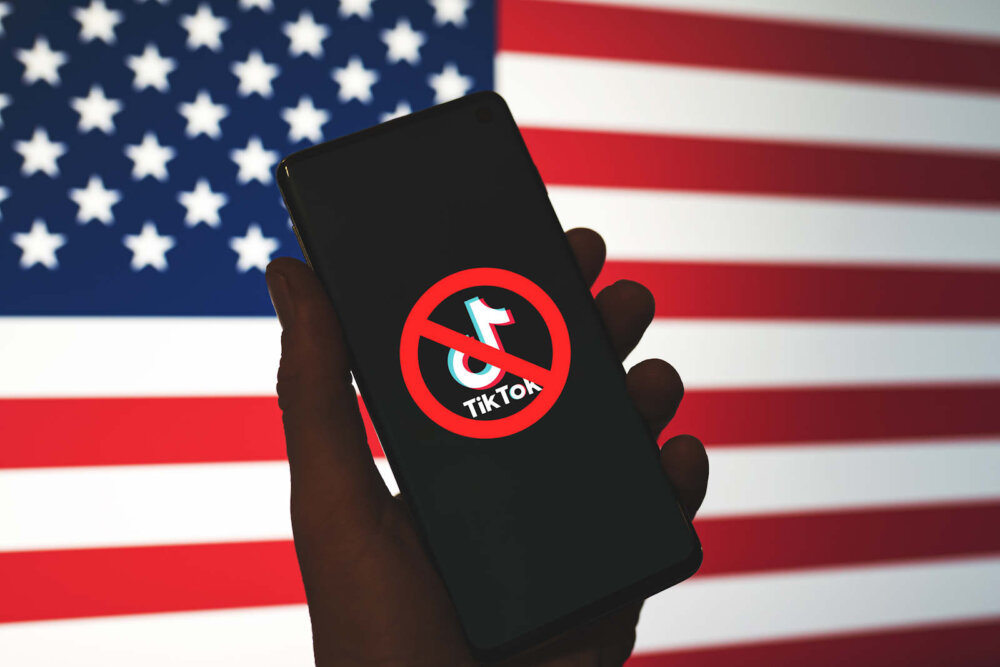
Samsung vs greenwashing: real talk for a better planet needs real action
This article is part of our Opinions section.
Buyers want to make greener choices. Corporations want to stay ahead of the competition. So it’s no surprise that a new lexicon of eco-sounding buzzwords is being squeezed into ads. Samsung has launched its “Real Talk for a Better Planet” to combat this greenwashing – here, I delve deeper into what it’s doing, what it’s not doing, and the vital role being played by the EU.
So far, #realtalkforabetterplanet is little more than a hashtag on a YouTube video. However, its aim is laudable: to increase the transparency of Samsung’s sustainability claims and help us all “separate the green… from the wash”.
What is greenwashing?
Greenwashing is when an entity misleads its audience over its environmental or sustainable credentials. Some of the most notorious examples of the practice are from companies in the financial sector who produce posters of their latest tree-planting initiative whilst hiding their continued investments in fossil fuel projects.
The critical element of greenwashing is deception. That’s why Samsung says it wants to keep us informed about the choices it is making to become more sustainable. This is a positive and welcome step from a tech giant, but new regulations within the EU aim to force companies to be more transparent anyway.
What is the EU Green Claims Directive?
The European Parliament has approved a draft report that places stricter rules on environmental claims made by corporations and manufacturers. This proposed legislation is known as the EU Green Claims Directive, but fans of EU designation codes call it Directive 2023/166.
The proposal states that companies must submit evidence about their eco-marketing claims before being able to use terms such as “less polluting” or “biodegradable”.
This reflects the increasing amount of poorly substantiated environmental claims from companies. Claims that are impossible to compare or evaluate. The EU has flagged over 230 sustainability labels and 100 green energy labels, each with vastly different levels of transparency.
Aside from imposing a crackdown on misleading environmental advertising, the directive aims to establish harmonised calculation methods covering the full value chain.
This has two useful side effects. One, it will make comparisons simpler for consumers when faced with marketing-driven claims about a product’s carbon footprint. Two, it should benefit enterprises trying to adopt the challenging Scope 3 carbon standards.
Will the EU Green Claims Directive become law?
The EU Green Claims Directive proposal must still go through a few hoops and refinements before it will be voted on later in the year. There seems little doubt that it will become law, but with such a complicated piece of legislation, it may need some tweaks before it gets the nod.
There are genuine concerns about the costs of compliance and uncertainty over grey areas where “presumptions of conformity” may be granted.
Despite these concerns, it’s encouraging to see an appetite for strengthening existing EU laws (particularly EU Directive 2005/29/EC – The Unfair Commercial Practices Directive) with stronger environmental standards.
There’s clearly a desire for transparency when advertising environmental credentials and Samsung has spotted this.
What is Samsung doing to help the environment?
Samsung’s environmental ambitions are not as groundbreaking as its products. There’s plenty of talk about reducing greenhouse gases and making products more energy efficient, which are vital steps, but the spectre of a “business as usual” mindset is present.
Samsung’s eco plan is littered with phrases such as “New business opportunities” and “Increased sales and brand awareness”. In short, it’s hoping we can buy our way out of a climate calamity.
Although I’m pleased by Samsung’s dedication to using non-virgin plastics in a select handful of products, and its pledge for plastic-free packaging by 2025, it’s nothing which other companies are already achieving. One obvious example is Logitech.
But the big difference between Samsung and the rest is its sheer size. In 2023, its reported turnover was $194 billion. The company is in a position where it could have a huge environmental impact for good.
Related: Is Logitech a green and sustainable company?
#RealTalkForABetterPlanet
Samsung is advocating #RealTalkForABetterPlanet, so let me give you something #real to ponder.
The real truth is that it’s better for the planet if Samsung – and every other company – stops selling all products right now. Not better for shareholders, or the economy, but merely for the planet. But that’s as likely as me winning the Kentucky Derby astride a unicorn, so let’s be more #real once more.
The big challenge is to turn old products into new products whilst eliminating the requirement of raw extraction. Scientists estimate we’re decades away from any form of tech-circularity solution and time is not on our side. The truth is, we need companies the size of Samsung to pour their brilliance into these types of problems
It’s genuinely fantastic that Samsung wants transparency and progress as it strives to improve its environmental impact on the planet. We should all strive to “Do a little digging – separate the Green from the wash” to quote its video. But without corporate complicity (and some EU regulation), greenwashing can be impossible to spot.
Samsung states that it wants to change so I’ll be watching its #RealTalkForABetterPlanet campaign to see what happens next.
Worth a read
- Kevin Wang, CMO of Elegoo: “AI holds tremendous potential for revolutionising the future of marketing”
- Navigating a shady cloud bill – here are seven red flags, and how to avoid them
- Apple “in talks with Google” over iPhone AI
NEXT UP

Slow buyers cause tech firms to rethink sales approaches as tough Q1 hits home
New research suggests tech sales were slow in Q1, with buyers of technology and professional services taking their time before committing to any solutions.

ByteDance says it has no plans to sell TikTok and refuses to bow to US pressure
ByteDance, the Chinese company that owns TikTok, stated that it “doesn’t have any plans to sell TikTok” on Toutiao, a social media platform that it also happens to own.

Solace Kidisil, Group COO of Nsano: “The difference between traditional finance and fintech is the questions we ask”
We interview Solace Kidisil, Group COO of Nsano, a fintech company from Ghana, offering digital payment solutions across Africa